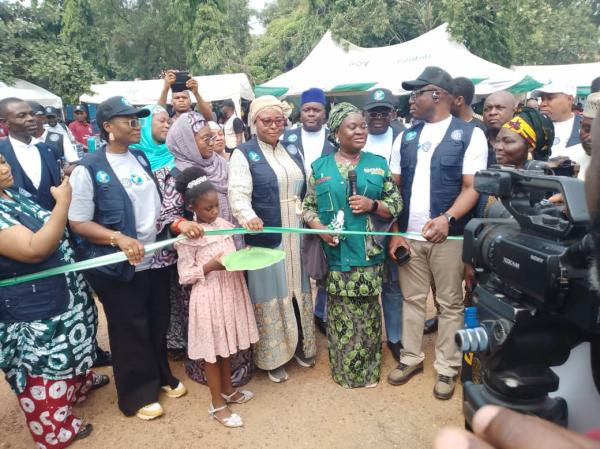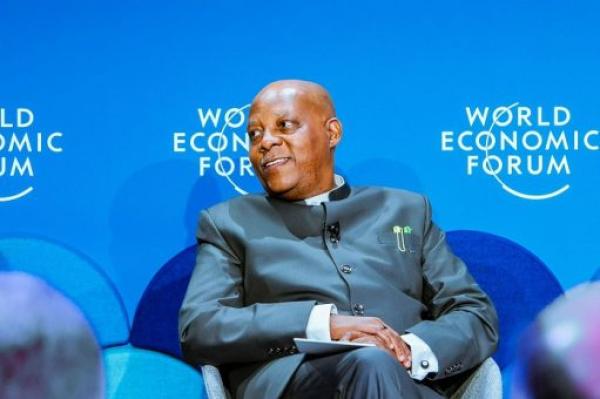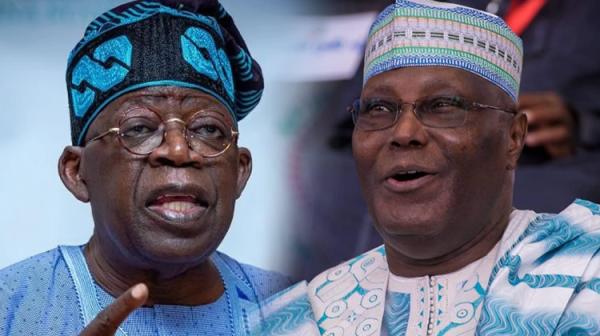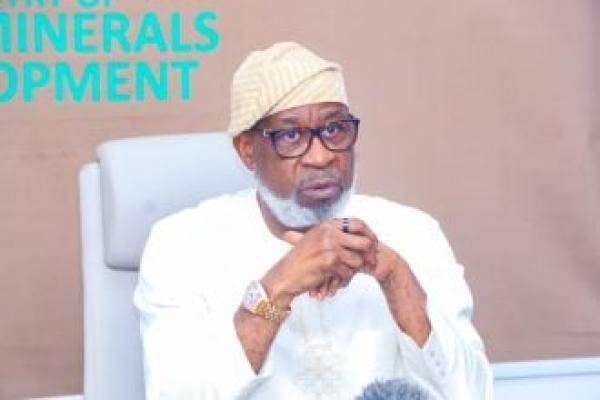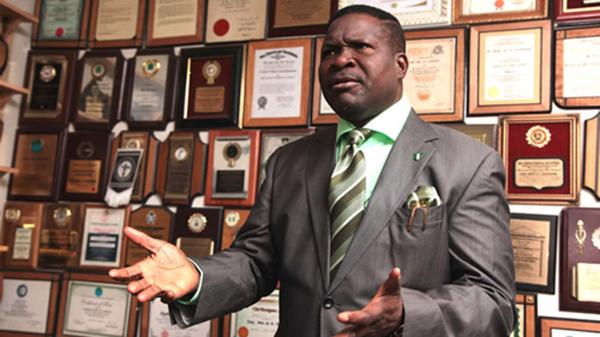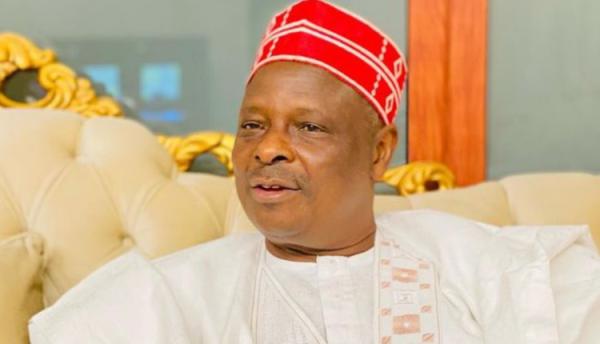
BUJA – Former Kano State Governor and New Nigeria Peoples Party (NNPP) leader, Rabiu Musa Kwankwaso, has dismissed claims of a purported agreement involving himself, former Vice President Atiku Abubakar, and Labour Party presidential candidate, Peter Obi, over a rotational presidency arrangement.
Speaking to the BBC in the Hausa language on Monday morning, Kwankwaso clarified that he has not been in contact with either Atiku or Obi, emphasizing that he has chosen to observe a principle of neutrality until the end of the year. This, he said, is to allow the current federal and state governments to focus on governance without political distractions.
“I heard from a source that PDP brought in scholars—about 45 of them—and claimed there was a consensus that Atiku will rule for four years, I will rule for another four years, and Peter Obi will rule for eight years. This is a complete lie and has no basis in reality,” Kwankwaso said.
He expressed his frustration that elder statesmen in their 70s and 80s would propagate such falsehoods to scholars, adding, “Such deceit is part of what led me and others to leave the PDP. These actions have destabilized the party.”
Kwankwaso accused the PDP of pursuing plans that lack sincerity, alleging that their ultimate goal is to manipulate regional politics to secure votes from the North.
“What have they done for the North? These are the questions they must answer. We have experienced the worst humiliation from these people,” he stated.
He also lamented the exodus of prominent members from the PDP, including Peter Obi, Nyesom Wike, and himself, among others.
“We loved the PDP and wanted to rejuvenate it to ensure progress, but we were forced out. Now, the same people who humiliated us are positioning themselves for the presidency. This is appalling,” he added.
Kwankwaso hinted that the actions of these individuals might be driven by remorse or a desire for forgiveness but maintained that such overtures must be approached with caution.
“We have been deeply humiliated by these people, and history must guide us in any future arrangements,” he concluded.












